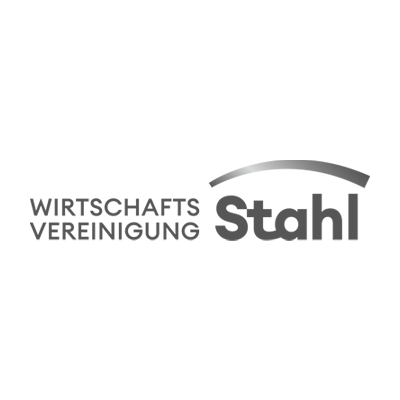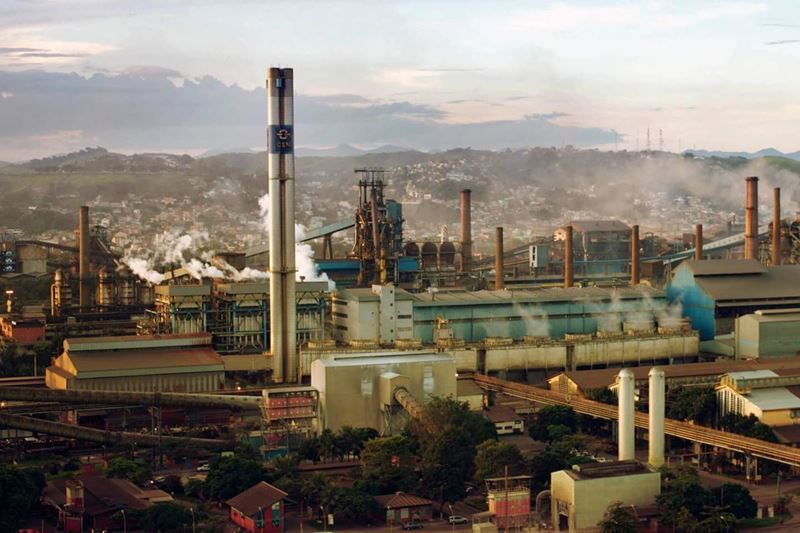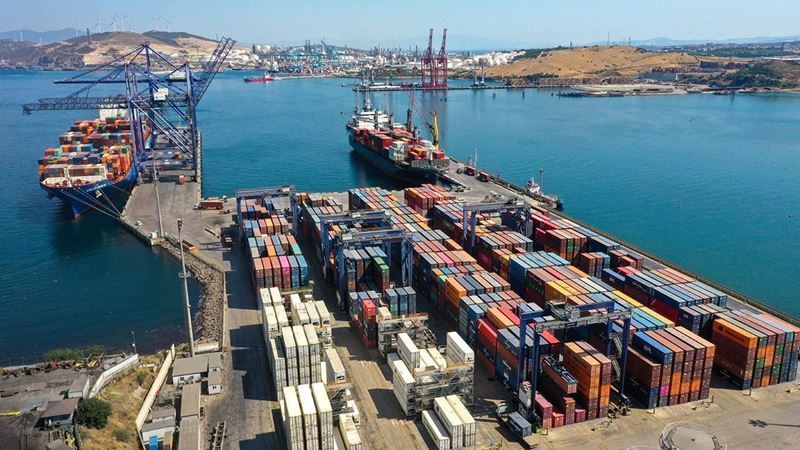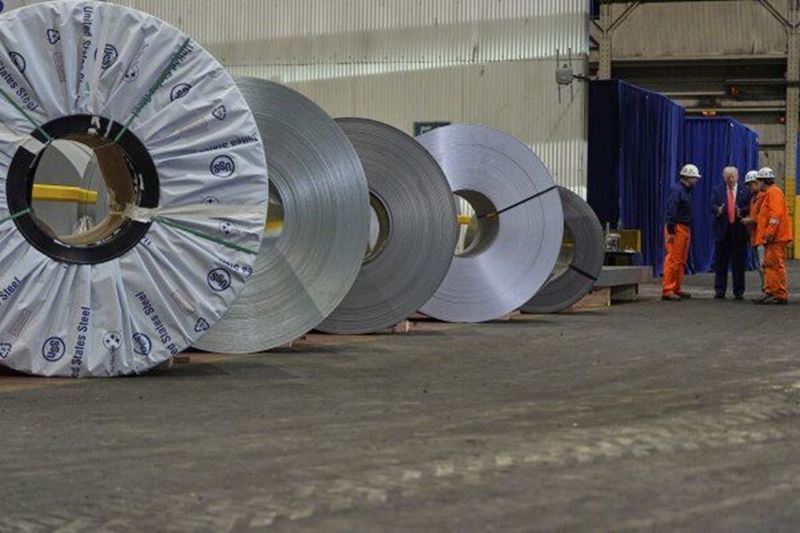Although the agreement marks the first time the global steel sector’s excess capacity issue is officially recognized in a formal document, industry representatives consider this step insufficient.
In a statement by the German Steel Association (Wirtschaftsvereinigung Stahl), the text was described merely as a "declaration of intent," accompanied by calls for concrete protective measures. The General Manager of the German Steel Association, Kerstin Maria Rippel, stated:
“Tariffs of 50% on steel and steel-containing products remain in place – and this has serious consequences: both directly for exports from Germany and the EU to the US, and indirectly due to significantly increased steel rerouting into the largely unprotected EU market.”
Rippel emphasized that the greatest threat to the European steel industry is the global excess capacity of approximately 600 million tons per year. This amount is roughly five times the total production of Europe. However, she pointed out that the EU market currently lacks sufficient protection mechanisms against this issue.
The statement called on the European Commission to develop effective trade defense instruments and implement functional tariff quotas against dumped imports. Otherwise, it warned that Europe’s strategically important steel industry could weaken further.
Rippel also urged the German federal government to take responsibility. She emphasized the need for the government to fulfill its coalition agreement promise to “protect and prepare the steel sector for the future” by adopting a strong position in Brussels.










Comments
No comment yet.